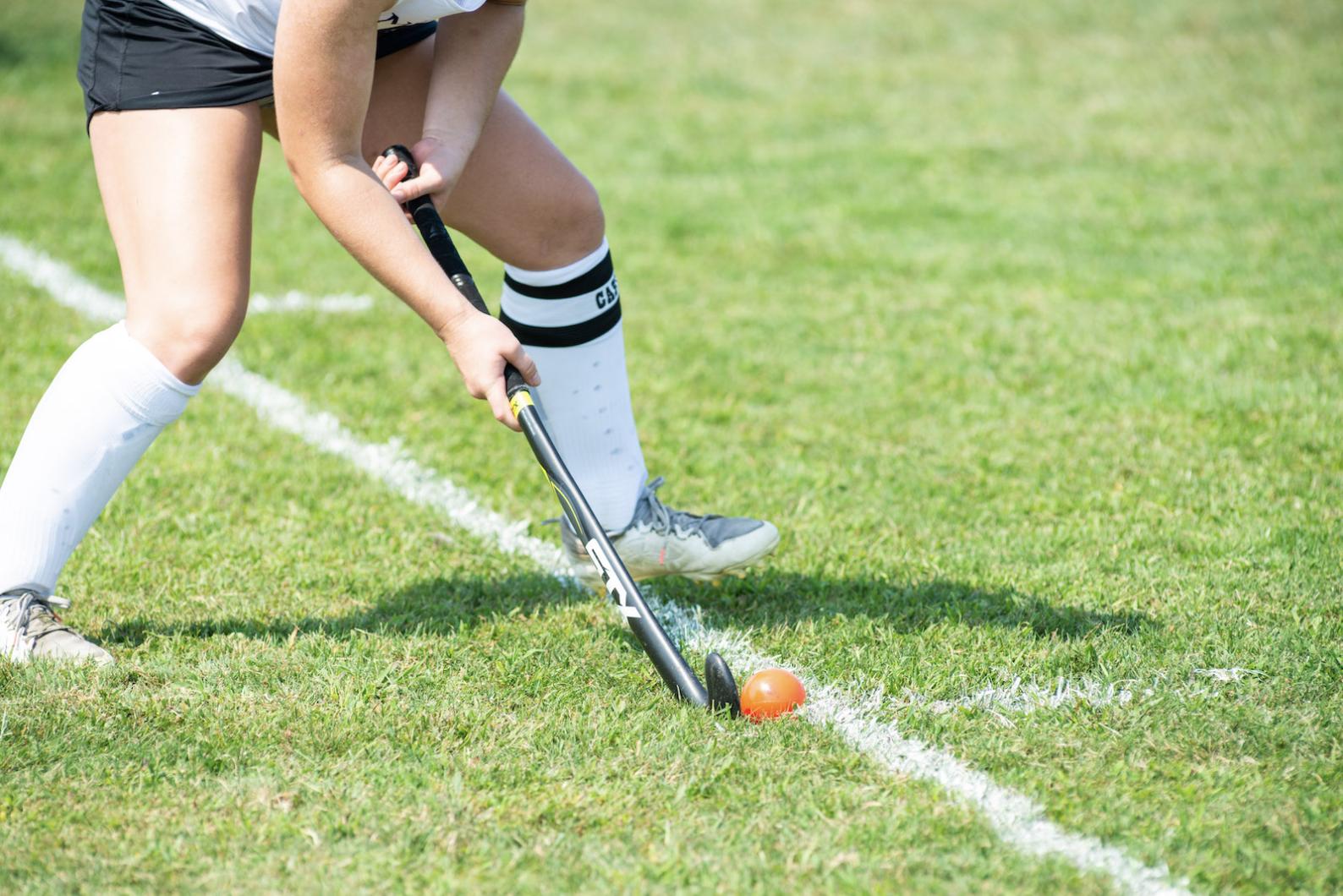After hearing arguments Friday, a state Land Court judge is weighing whether the long-running legal battle over plans for an artificial turf field at the Martha’s Vineyard Regional High School should head to a full trial.
Attorneys with the school and the Oak Bluffs Planning board made their cases to the Hon. Kevin Smith, suggesting how the case should proceed. About 40 people, including town and school officials, attended the 75-minute hearing, which was held over Zoom.
The school, which pitched the field as part of a long-awaited athletic facility overhaul, argued the planning board’s denial of the plans goes against a state law that precludes schools from some zoning regulations. The planning board contends that it was within its rights to deny the project over concerns it could harm the area’s water quality.
The case hinges on the Dover Amendment, a state regulation that prohibits zoning regulations from stopping the use of land or buildings for educational purposes. The law does allow for schools to be subject to “reasonable regulations” on the size, lot areas, setbacks, open space, parking and lot coverage.
The school contends that the planning board exceeded these exceptions in their denial.
Brian Winner, the school’s attorney, called on the judge to rule on the matter without going to a full trial. He said that Dover’s exceptions all have to do with dimensional regulations. But the planning board has strayed into qualitative discussions, disallowing certain materials to be used in plans.
“Whether or not it’s artificial turf or grass, the amount of open space wouldn’t change,” he said.
If Judge Smith were to rule in favor of the planning board, Mr. Winner argued, it would be a groundbreaking decision, bucking past case law.
He was careful not to minimize concerns about what per- and polyfluoroalkyl substances, commonly known as PFAS, could do to the water and said that should be scrutinized in the proper arenas.
“Groundwater protection has never evaded review and will not evade review,” he said. “I’m simply suggesting that in this case – a straightforward Dover Amendment…appeal – those issues are just not part of this case.”
Representing the Oak Bluffs planning board, attorney Michael Goldsmith said the board did its job and was within its rights in denying the artificial turf field. He added that the board did not dispute the use, just the plans to use synthetic turf in a water overlay district.
Mr. Goldsmith argued that the case should go to trial where the scientific facts of the case can be discussed, and that having the case decided earlier would be the wrong avenue.
The planning board’s denial falls under the open space exception, Mr. Goldsmith said, and open space in this case is designed to protect the groundwater aquifers. Mr. Goldsmith also said the Dover Amendment allows boards to consider character.
“The board has the right to determine the character, that must mean the quality and the material,” he said.
He contended that PFAS, a still emerging contaminant, had muddied the legal waters. If the school had applied for grass fields and planned to use carcinogenic chemicals on them, no one would have blinked an eye at the board ruling against using the chemicals, he theorized.
“Would we be here?,” Mr. Goldsmith asked the judge. “Would there be any debate that the board…couldn’t regulate it? I say no.”
Judge Smith complimented the arguments from both parties, asked several questions and said he would take the matter under advisement before issuing a decision. No timeframe was given.
“I’m just going to have to go back to the books here and with the help of your papers make a decision about the scope of this Dover Amendment,” the judge said.
School officials will likely hope he doesn’t take too long. The school has pledged not to spend money on legal fees related to the litigation in the current fiscal year budget.
The three up-Island towns rejected the school’s 2024 operating budget in protest of the turf lawsuit spending, prompting the school committee to limit any further litigation costs to last year’s legal budget.
School officials said they are currently tapping $8,000 of cash leftover from the 2023 legal budget to cover Mr. Winner’s $375 an hour rate, leaving, at most, 21 hours of work.






Comments (2)
Comments
Comment policy »